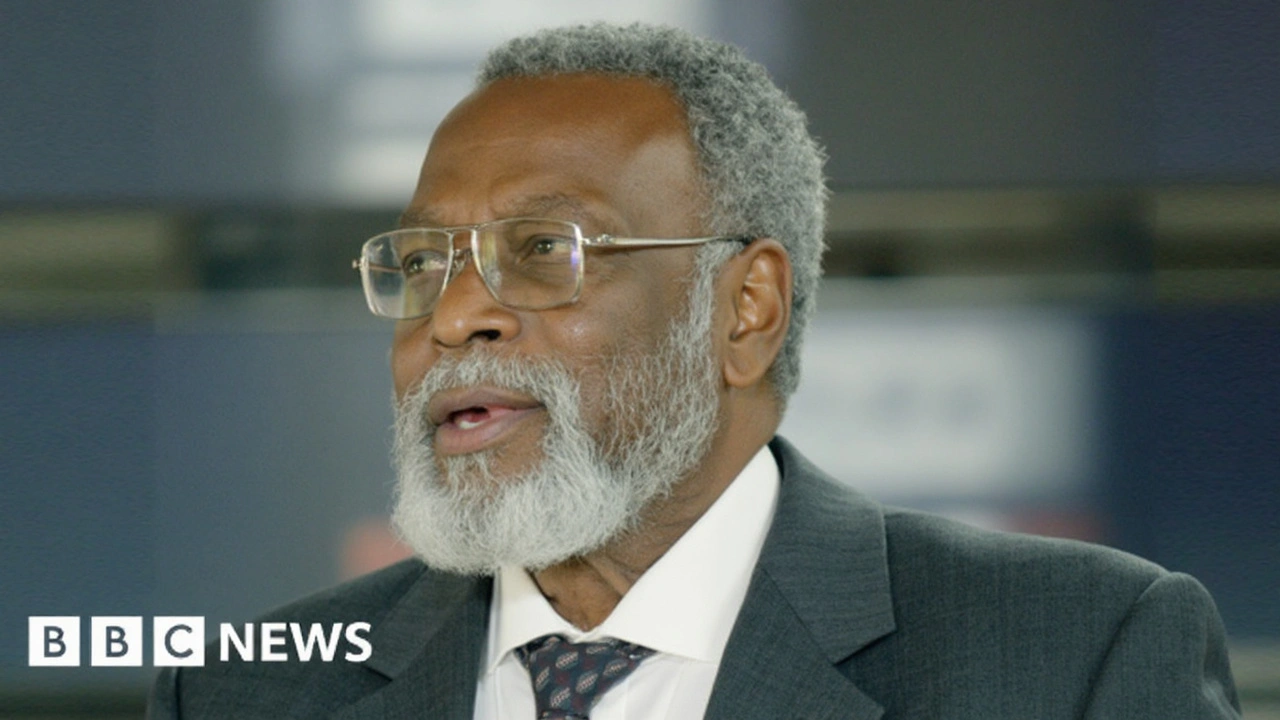Sam Nujoma – The Man Who Won Namibia’s Freedom
If you’ve ever wondered who pulled Namibia out of colonial rule, the name Sam Nujoma is the one that comes up most often. He started as a farm boy in Ovamboland and ended up as the nation’s first president. His story isn’t just about politics; it’s about grit, patience, and a clear belief that ordinary people can shape their own future.
Early Life and Rise in SWAPO
Nujoma was born in 1929 in what was then South West Africa. Growing up on a small farm gave him a solid work ethic but also showed him the harsh limits placed on black Namibians by colonial rule. In his teens he joined a church group that discussed social issues, and that sparked his interest in activism.
In 1960 he helped found the South West Africa People’s Organization – SWAPO – which would become the main voice for independence. He quickly moved into leadership because he could speak plainly and inspire confidence. While many leaders were busy talking at conferences, Nujoma was out recruiting members in villages, making sure the movement had real roots among everyday people.
His early years with SWAPO were marked by arrests, exile, and long trips across Africa to gather support. He spent time in Tanzania, Zambia, and even Sweden, learning how other liberation movements organized themselves. Those experiences gave him a global perspective while keeping his focus on Namibia’s specific needs.
Presidency and Legacy
After years of guerrilla warfare and diplomatic pressure, Namibia finally gained independence in 1990. Nujoma was elected the first president and served three terms until 2005. In office he pushed for land reform, education expansion, and a national identity that embraced all ethnic groups.
One practical thing he did early on was set up a commission to rewrite the country’s constitution. The document emphasized human rights, rule of law, and free elections – ideas he fought for while in exile. He also oversaw the integration of former rebel fighters into a unified national army, which helped keep peace during a fragile transition.Critics say his government sometimes favored SWAPO loyalists and that economic growth was slower than hoped. Yet many Namibians still credit him with creating a stable political framework that avoided the violent coups seen in some neighboring states.
After stepping down, Nujoma stayed active as an elder statesman, offering advice to younger leaders and speaking at regional conferences about democracy and development. His autobiography, "Where Others Wavered," gives a candid look at the tough choices he made and why he believed non‑violent negotiation could work alongside armed resistance.
Today you’ll hear his name in classrooms, on street signs, and during national holidays. Sam Nujoma’s legacy isn’t just about winning independence; it’s about showing that perseverance, clear goals, and a willingness to listen can turn a small group of activists into the architects of a nation.
If you’re curious about Namibia’s path forward, looking at Nujoma’s policies on education and land reform offers useful lessons. They remind us that building a country is an ongoing project, not a one‑time event. And that’s why Sam Nujoma remains a key reference point for anyone interested in African liberation stories.
- February
9
2025 - 5
Sam Nujoma, Key Figure in Namibia's Liberation and First President, Passes Away at 95
Sam Nujoma, Namibia's founding president and a pivotal leader in its liberation movement against apartheid, passed away at 95. His death was announced by President Nangolo Mbumba, after hospitalization in Windhoek. Nujoma's leadership in SWAPO was instrumental in achieving Namibia's independence in 1990. His presidency was marked by forging international alliances, significantly shaping the country's trajectory.
Read More